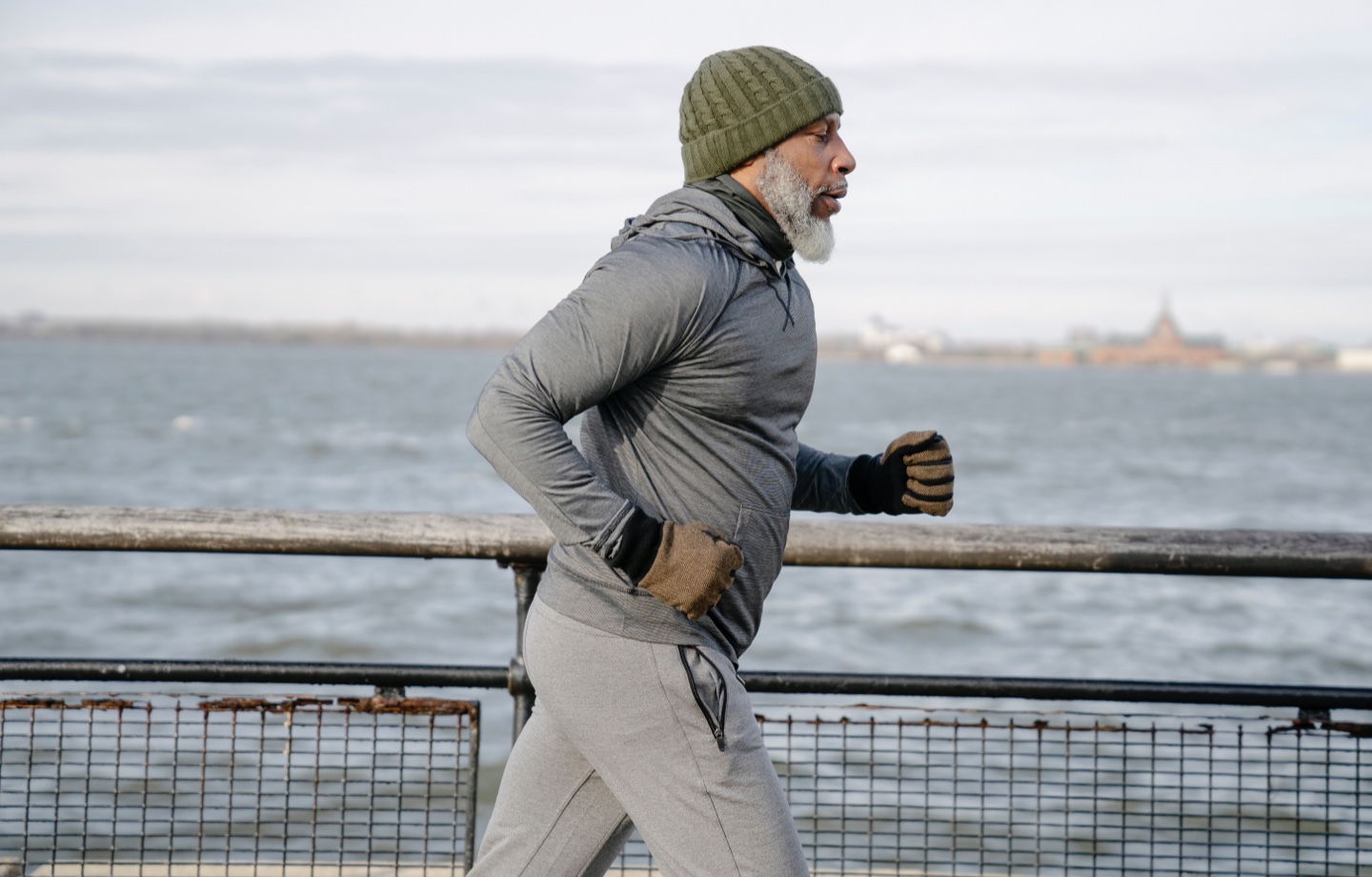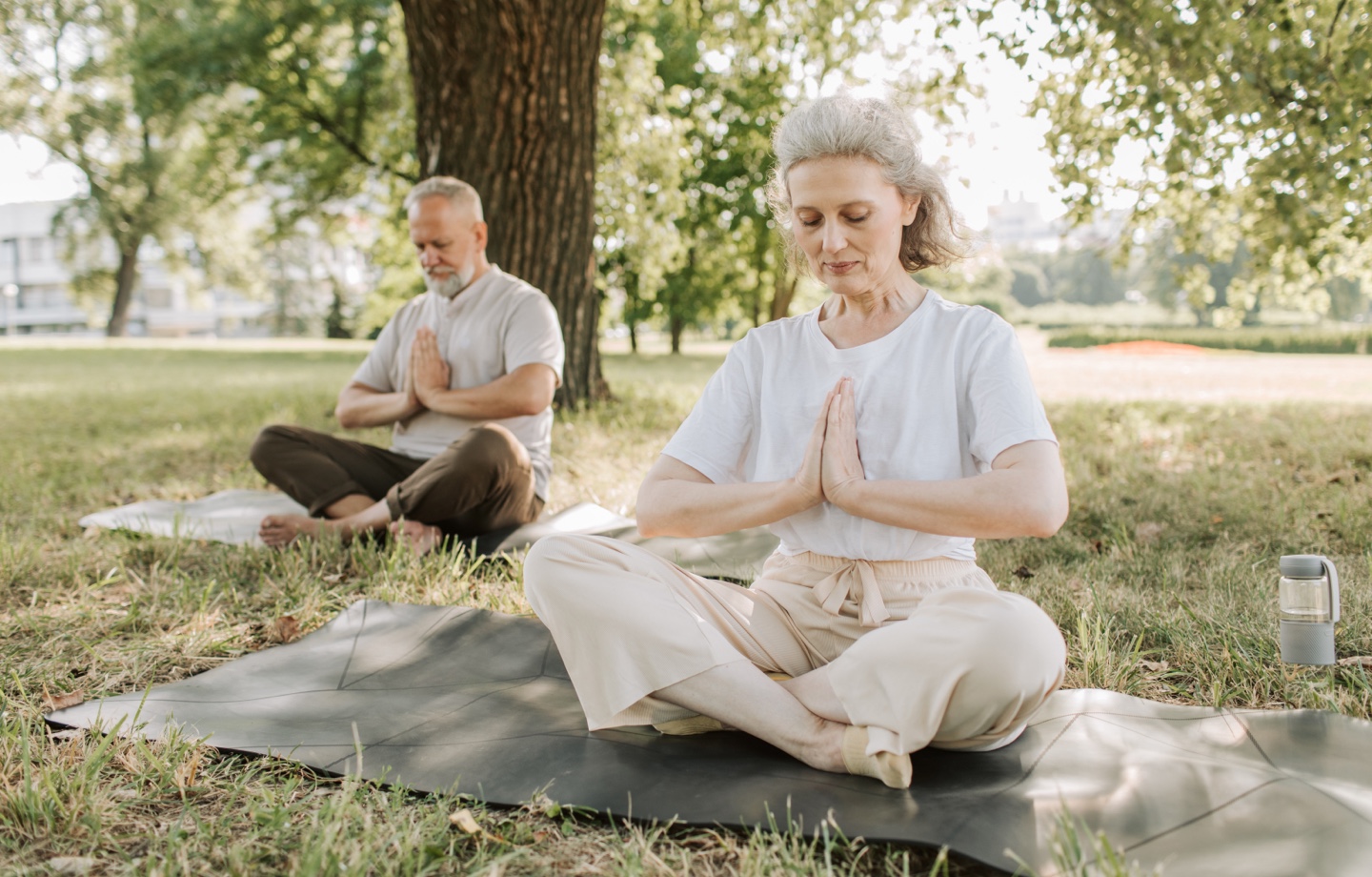Some risks of dementia are beyond our control — but there are actions we can take to reduce or avoid cognitive decline.
Memory is integral to our sense of self. Our memories provide awareness of continuity through time, allow us to connect with others in our social network, guide our current and future actions, and help us process and cope with negative emotions.
“We define our sense of self and well-being based on the appraisal of how well we lived and are living our lives,” says Dr. Tatiana Sadak, interim associate dean of academic affairs and a director of the Dementia Palliative Education Network at the University of Washington School of Nursing in Seattle. “Memory decline can be very disorienting and threatening because it deprives a person of autonomy and the ability to meaningfully engage with others. Forgetfulness also threatens our sense of safety, a fundamental human need.”
 Tatiana Sadak, Ph.D., PMHNP, RN, FAAN, FGSA., is a Certified Psychiatric Mental Health Nurse Practitioner, Interim Associate Dean of Academic Affairs, and a Director of the Dementia Palliative Education Network at the University of Washington School of Nursing, Seattle. Her research and scholarship focus on informing health care delivery for people living with dementia and their care partners.
Tatiana Sadak, Ph.D., PMHNP, RN, FAAN, FGSA., is a Certified Psychiatric Mental Health Nurse Practitioner, Interim Associate Dean of Academic Affairs, and a Director of the Dementia Palliative Education Network at the University of Washington School of Nursing, Seattle. Her research and scholarship focus on informing health care delivery for people living with dementia and their care partners.
It’s natural for memory and concentration to decrease as we age — which is why older folks often need to set more daily reminders and take longer to complete tasks. But dementia is not a part of normal aging, says Dr. Sadak. Dementia is an umbrella term that indicates there is a disease in progress that will likely lead to a gradual, but disruptive, decline in cognitive functions like memory, judgment, and language.
As the world population ages, dementia cases are rising — the older you are, the higher your odds you’ll show signs of the disease. So far, clinical trials for medical treatment or a cure have been unsuccessful, which has led some experts to take a new approach: emphasizing modifiable risks.
While there are some factors we can’t control, like genetics, new studies show focusing on social behaviors and widely available interventions — think reducing alcohol intake, reading fiction, quality sleep, and getting your eyes and ears checked — significantly impacts cognitive decline. The Centers for Disease Control and Prevention has even incorporated the approach into its National Plan to Address Alzheimer’s Disease.

Read more: How Alcohol Affects Sleep
In 2017, the Lancet Commission assembled an international panel of experts to identify major modifiable risk factors for dementia: hypertension (high blood pressure), lower education levels, impaired hearing, smoking, obesity, depression, physical inactivity, diabetes, and low social contact. The commission added three additional risk factors in 2020: excessive alcohol consumption, traumatic brain injuries, and air pollution. They concluded that “together, the 12 modifiable risk factors account for around 40 percent of worldwide dementias, which consequently, could theoretically be prevented or delayed.”
While some risk factors can be mitigated through individual lifestyle adjustments, like quitting smoking or exercising regularly, others require major policy changes. The report notes that many risk factors “cluster around inequalities, which occur particularly in Black, Asian, and minority ethnic groups and in vulnerable populations.” Addressing these factors requires improved access to healthcare along with government action to reduce everything from high blood pressure in a population as it ages to exposure to air pollution.

Read more: The True Cost of Air Pollution
We talked with Dr. Sadak about modifiable risk factors, when to start addressing potential risks, and social behaviors that help reduce cognitive decline. Here’s what we learned.
KV: Which risk factors are considered modifiable, and which are out of our control?
Dr. TS: In a small number of cases, when dementia afflicts a person at a younger age (before 65) and is prevalent in the family, the risk factor is genetic. For most people, dementia is considered sporadic and has multiple modifiable risk factors, like cardiovascular disease, diabetes, or social isolation.
KV: The Lancet Commission identified the link between dementia and hearing loss as a major modifiable risk. How is hearing loss related to cognitive decline?
Dr. TS: Hearing and vision are important senses that facilitate our engagement with the outside world. Although a direct causative relationship has not been established between hearing loss and dementia, some of the mechanisms may include increased demand for cognitive processing, functional changes in the brain (the neural system maintains its function through stimulation from sensory organs), and increased social isolation (hearing loss might cause an older adult to limit social activity).
KV: When should we start making efforts to address modifiable risk factors? Is delaying onset something to strive for?
Dr. TS: As soon as possible! The earlier, the better. Active lifestyle, optimal food and nutrient intake, rich social life, regular sleep, meditation, and proactive management of depression are all neuroprotective and are most effective when incorporated into an everyday routine early in life.

Read more: Our Favorite Meditation Apps
KV: How is the field changing when it comes to emphasizing modifiable risks?
Dr. TS: We now have a worldwide network of clinical trials and interventions focused on generating evidence for maximizing modifiable risk factors. Patients are more empowered than ever to mandate that their healthcare providers partner with them in creating proactive, preventive lifestyle plans, not just prescribe medications to manage diseases.
KV: What social behaviors do you recommend to avoid cognitive decline?
Dr. TS: The most robust evidence involves engaging in novel activities that require effort in different parts of our brains. For example, as a university professor spending most of my work life reading scientific journals, more reading may not be as beneficial as learning a new language, a dance, or practicing math.
Read more: The 5 Best Foods For Brain Health
Have feedback on our story? Email [email protected] to let us know what you think!

Shop Pillows
The Essential Organic Pillow Collection
Gentle, breathable, non-toxic support.





